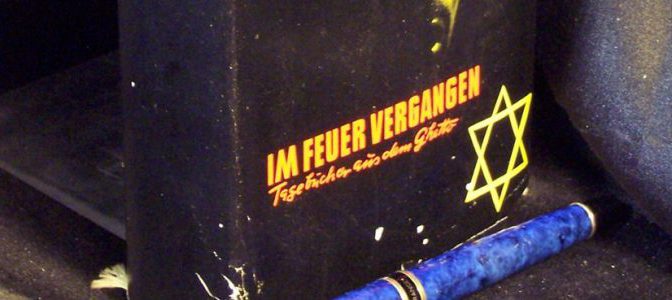A lecture by Stephan Stach (Institute of Contemporary History, AV ČR) in the frame of the seminar on Modern Jewish History of the ÚSD AV ČR and CEFRES in partnership with the Jewish Museum.
Language: English
Abstract:
During the 1950s and 1960s a number of books on the Holocaust appeared in the German Democratic Republic. They had their origins in the Jewish Historical Institute in Warsaw, the only Holocaust research center in the Eastern Bloc. Among them was Bernard Mark’s Der Aufstand im Warschauer Ghetto (The Warsaw Ghetto Uprising, 1957; originally published in Polish in 1953), the collection of memoirs and diaries Im Feuer vergangen (Lost in the Fire, 1958) and the volume of documents Faschismus-Ghetto-Massenmord (Fascism, Ghetto, Mass Murder, 1960). These books constituted a considerable part of the literature on the Holocaust at the time. They were widely discussed in the press, where authors often used them as evidence of Nazi war criminals holding public office in West Germany at that time. Though their propaganda potential certainly increased the popularity of these publications, their impact went far beyond that. The publications were praised for their literary quality, for instance by the East German critics Victor Klemperer and Arnold Zweig, and met with the interest of the general reading public in East Germany. In my talk, I analyze the reception and perception of these books – and thus the Jewish Historical Institute – between Cold War propaganda and the emergence of an East German Holocaust memory.

